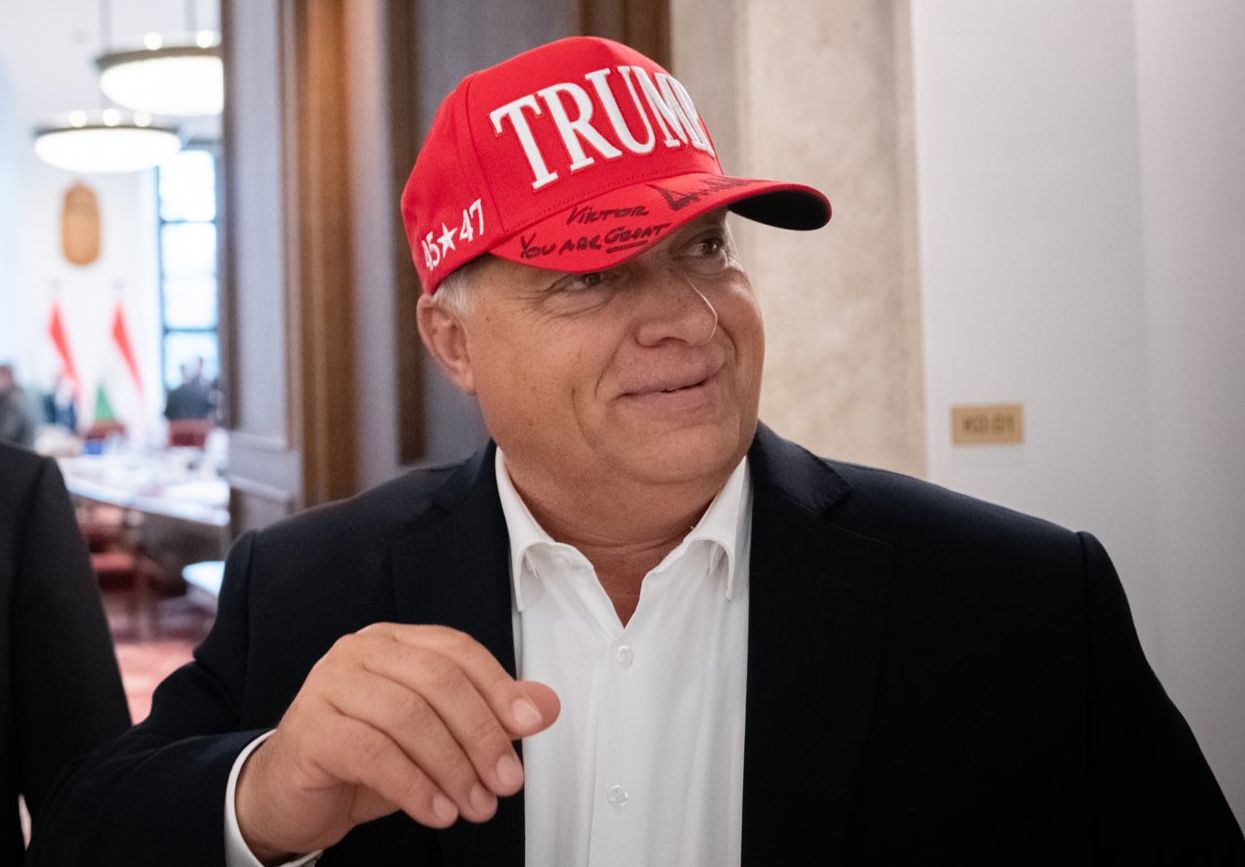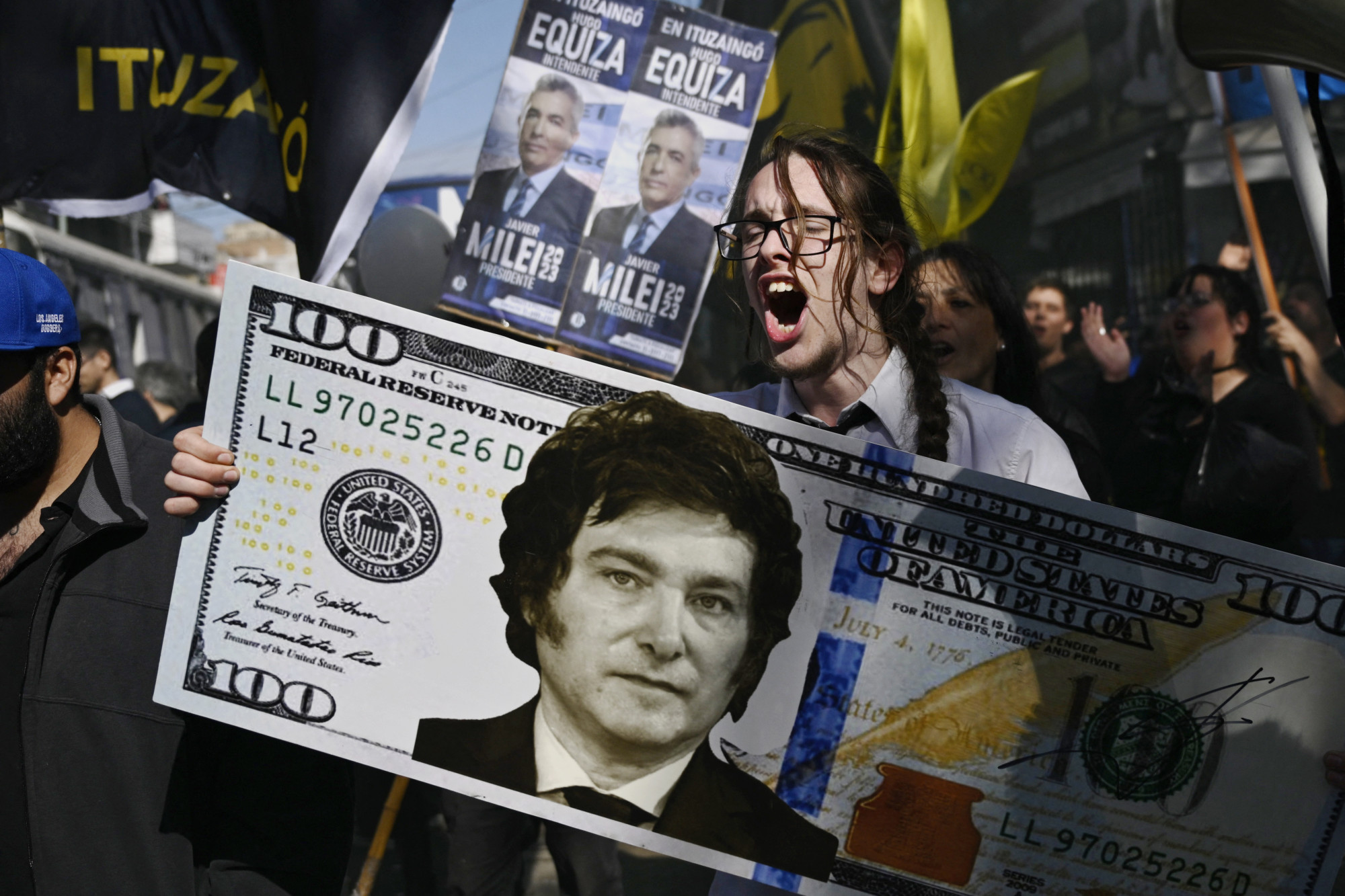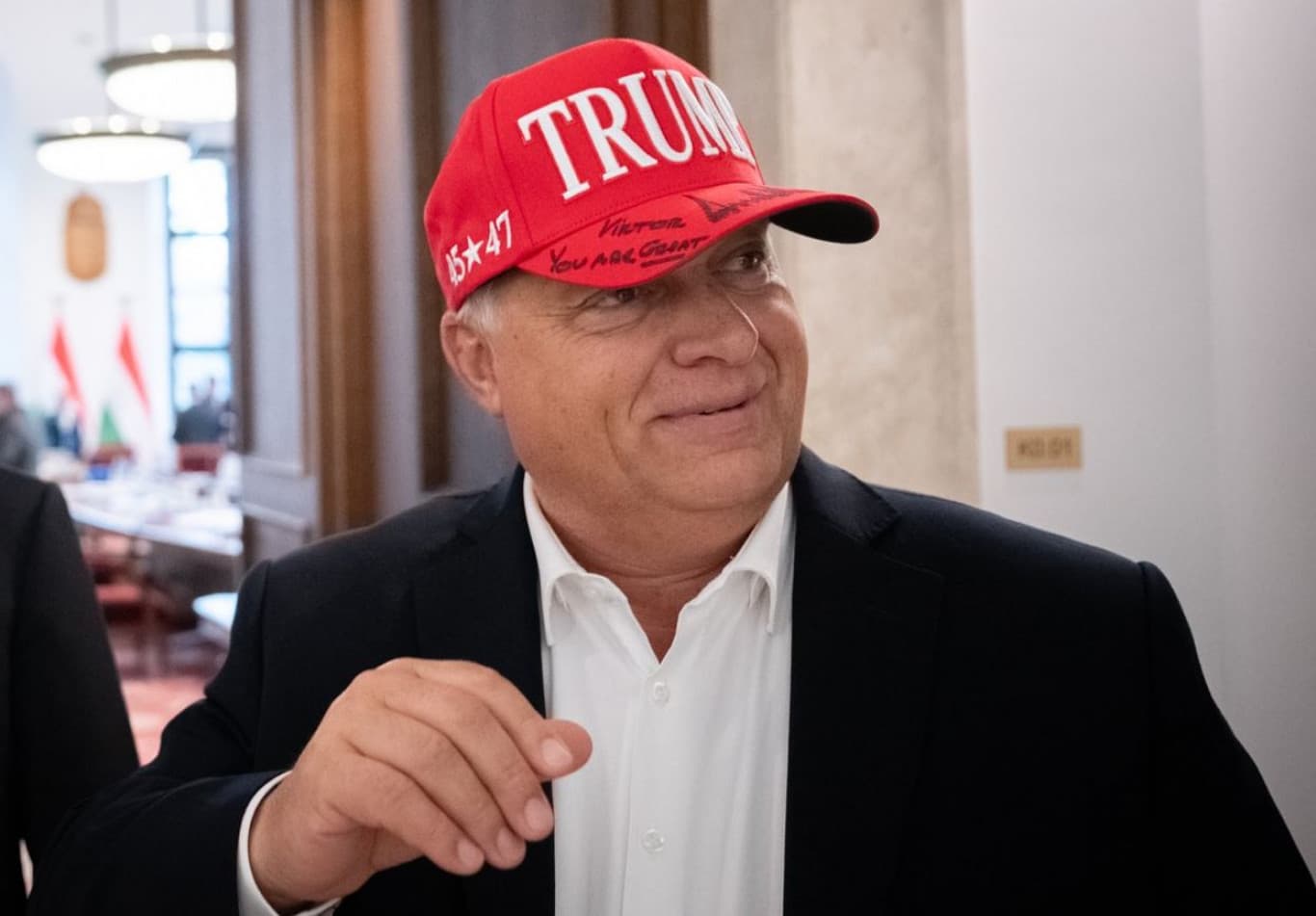Viktor Orbán arrived in Washington with his popular delegation in the hope of spectacular American support that would be easily sold to the Hungarian public, and the most ideal form for him would be exemption from the American sanctions against Russian oil that will come into effect on November 21, or at least their postponement until next year's elections.
Whether he will receive this at the meeting at the White House early Friday evening, Hungarian time, can only be speculated for now, but since the Hungarian government has put almost everything in its communications on this matter, it is far from inconceivable that Orbán will return home with the message: he achieved what he wanted, and as long as he is in power, Hungary can continue to take energy from Putin.
In any case, Viktor Orbán said in advance about the hoped-for agreement:"I don't want to give anything for it in the business sense of the word."

Trump's track record of being legendaryally unpredictable, mostly subordinate to economic agreements, can be both a warning and a promise of hope for the Orbán government. The two most spectacular, but diametrically opposed examples are India and Argentina, and Carmelita can be confident that in our case, events will follow the Buenos Aires scenario.
The Argentine president, chainsaw-wielding right-wing libertarian Javier Milei, won the midterm elections in late October after Donald Trump announced a $40 billion bailout package for Argentina, tying the disbursement of further funds to the incumbent's success.

Although a self-respecting sovereignty protection agency could rightly consider this to be open external interference in the election, Trump's political support could have counted for a lot, which also had an influence on the election results.
Although a political agreement could have many elements, from new American investments to foreign trade agreements to the reinstatement of the agreement to avoid double taxation that was abandoned under Biden, Hungarian government communication is so strongly focused on sanctions, Russian energy, and the energy security and cost reductions linked to it in propaganda, that the key for them would be the additional guarantee they receive for this - preferably in a way that is provided from Washington at least until next year's elections.

